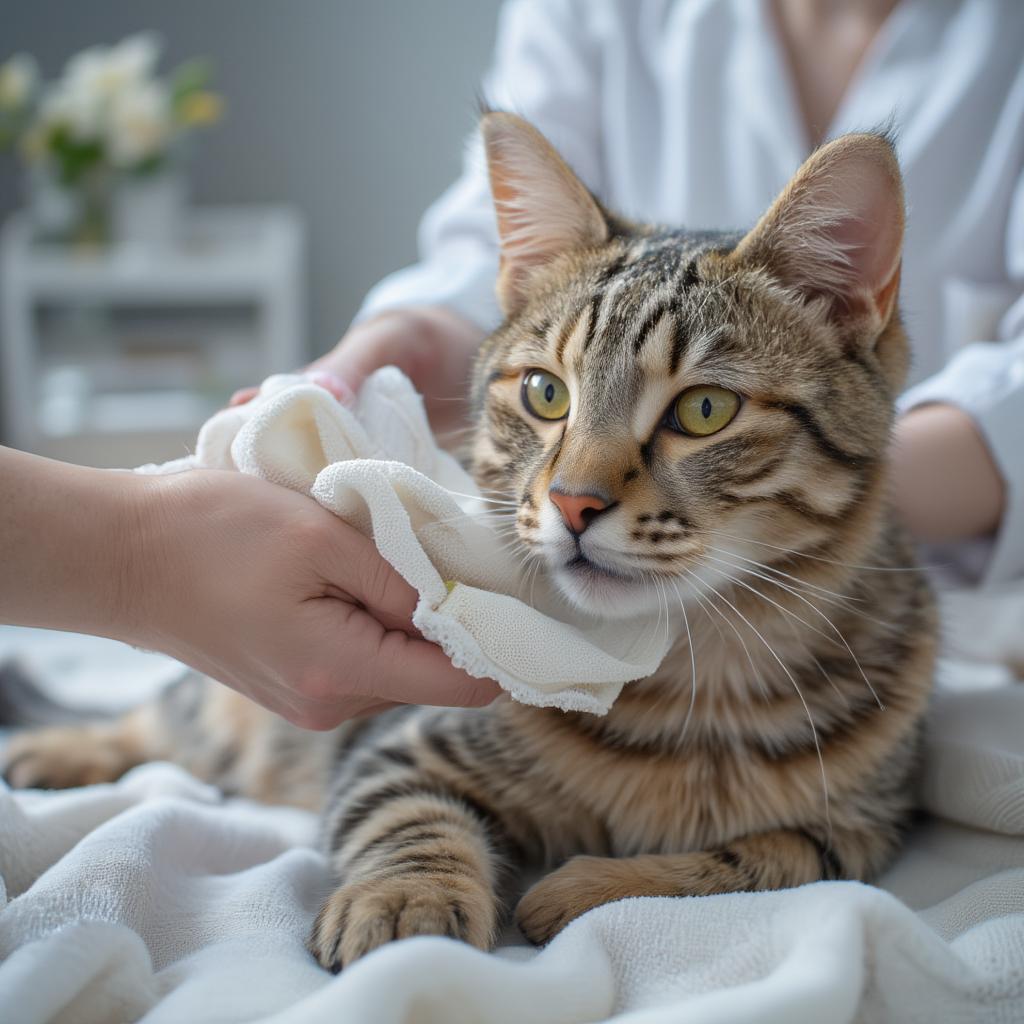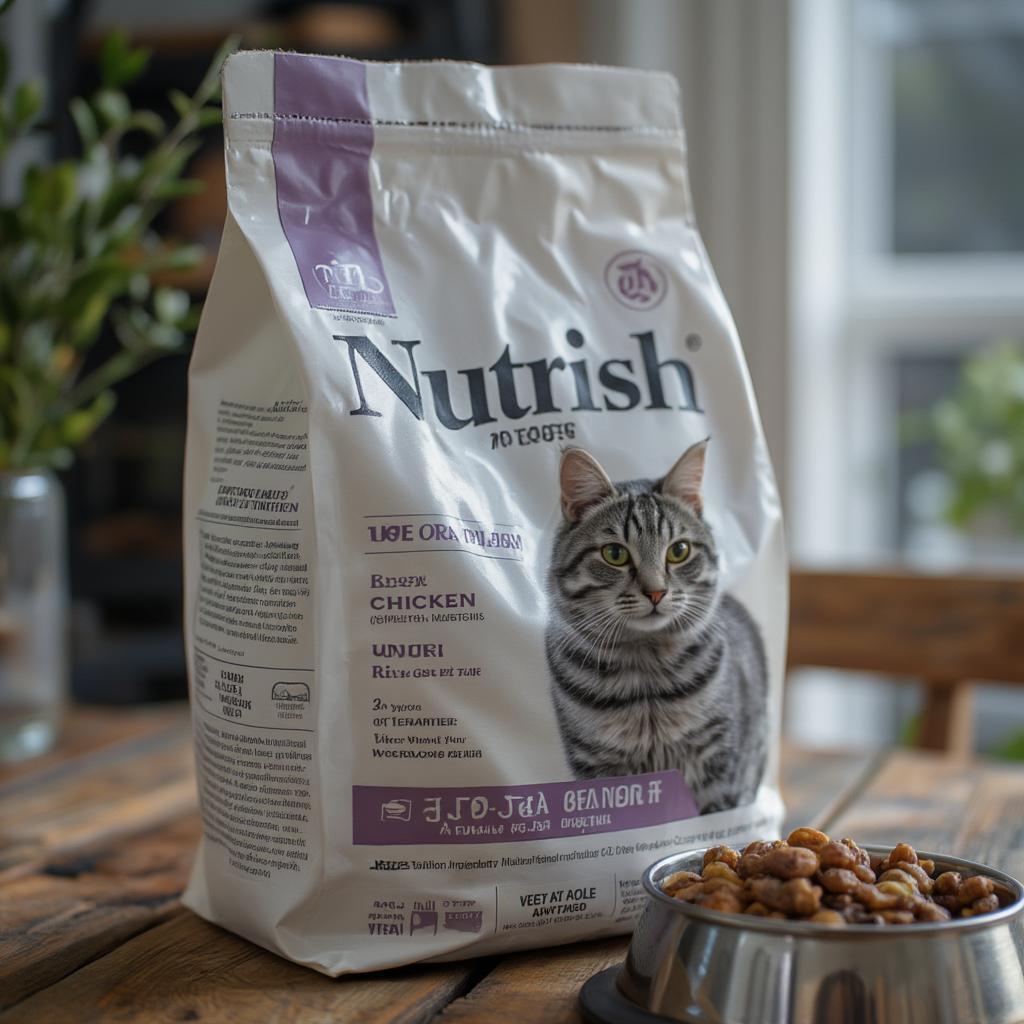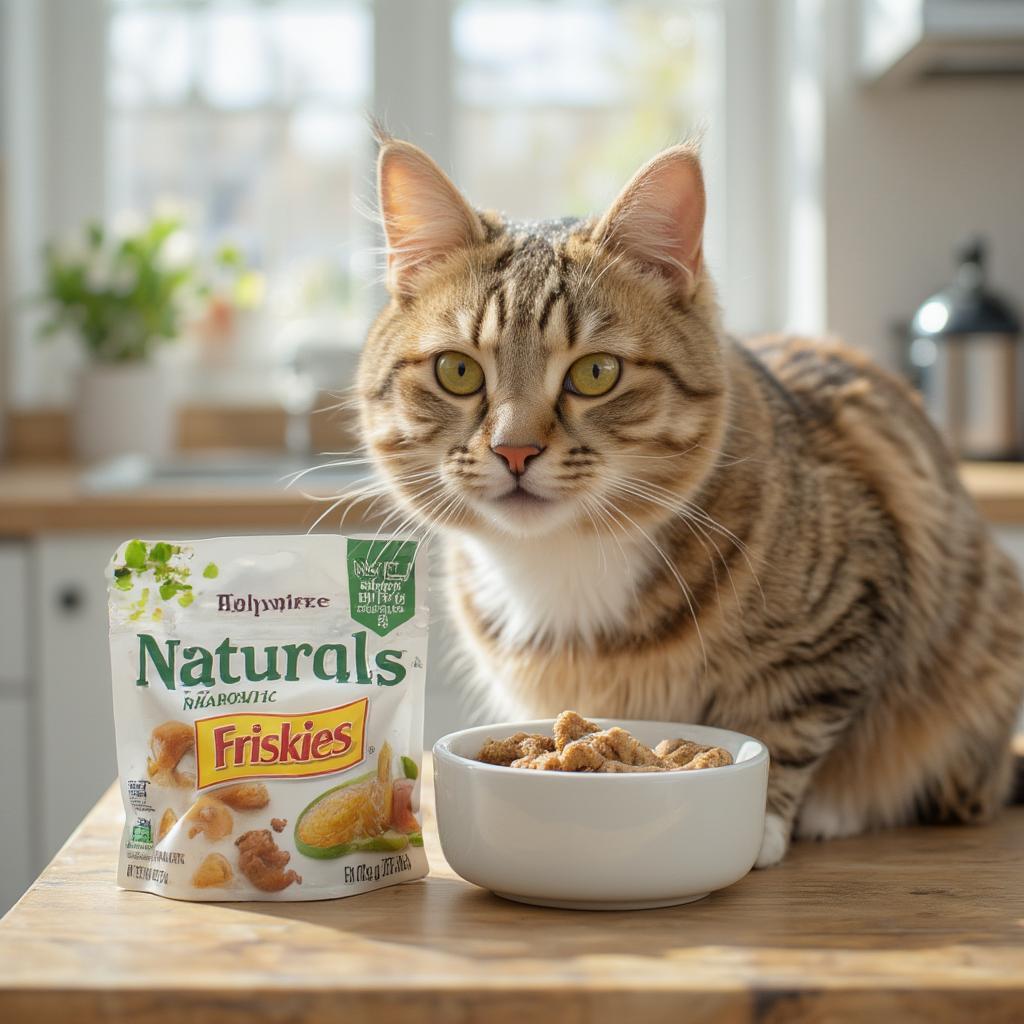Cat Swollen Face Treatment at Home: A Comprehensive Guide

Is your feline friend sporting a puffy face? A cat’s swollen face can be alarming for any pet parent. It’s often a sign of an underlying issue, ranging from mild allergies to more serious conditions. Understanding the causes and knowing how to administer Cat Swollen Face Treatment At Home can help your kitty recover quickly and comfortably. This guide will walk you through the common culprits, how to identify them, and what you can do at home to ease your cat’s discomfort, while always stressing when professional veterinary help is a must.
Common Causes of a Cat’s Swollen Face
A swollen face in cats isn’t a disease itself, but rather a symptom of an underlying problem. Here are several potential causes:
- Allergies: Just like humans, cats can be allergic to various things, including food, pollen, dust mites, or insect bites. This can lead to a variety of reactions including facial swelling.
- Dental Issues: Tooth abscesses or other oral infections can cause swelling in the face and jaw area. This can be very painful for your cat, and you will need to consult your vet.
- Insect Bites or Stings: Bee stings, spider bites, or other insect encounters can lead to a localized swelling around the affected area.
- Trauma: Any kind of injury, such as a fall or a fight with another animal, can cause swelling as the body responds to the trauma.
- Abscesses: If your cat gets into a fight, small wounds can become infected and lead to abscesses, which appear as swollen, painful areas, often on the face or neck.
- Tumors or Cysts: Although less common, tumors or cysts can cause a noticeable swelling in the facial region.
- Foreign Bodies: A foreign object, such as a grass seed or splinter, can get lodged in your cat’s skin and cause swelling as the area becomes inflamed.
It’s important to try and pinpoint the cause to effectively administer cat swollen face treatment at home. However, remember that this should only be a first step, and veterinary advice is often necessary.
How to Identify the Cause of Swelling
Observing other symptoms can help determine what might be causing your cat’s facial swelling. Consider the following:
- Sudden Onset: Did the swelling appear suddenly after a possible insect bite or a fight?
- Location of Swelling: Is the swelling localized, or is it widespread? Is it focused around one eye, cheek, or across the entire muzzle?
- Other Symptoms: Look for additional symptoms like sneezing, itching, pawing at the face, lethargy, decreased appetite, or discharge from eyes or nose.
- History of Allergies: Has your cat experienced similar issues before, indicating possible allergens?
“Understanding your cat’s immediate environment and recent activities can provide vital clues about the cause of their swollen face,” explains Dr. Amelia Stone, a veterinarian specializing in feline health. “Look for any recent exposure to potential allergens or possible encounters with insects or other animals.”
Safe Home Treatment for Cat Swollen Face
While determining the exact cause requires a vet’s expertise, here are several measures you can take to help alleviate your cat’s discomfort at home. These measures serve as temporary relief while you seek proper diagnosis and treatment from a veterinarian.
- Keep Your Cat Comfortable: Provide a quiet, comfortable space where your cat can rest. Minimize any disturbances that could exacerbate their stress or discomfort.
- Gentle Cleaning: If there’s any discharge or debris around the swollen area, use a soft, damp cloth to gently clean it. Avoid using harsh chemicals or soaps.
- Cold Compress: Apply a cold compress wrapped in a thin cloth to the swollen area for 10-15 minutes, several times a day. This helps reduce inflammation and alleviate pain. Do not apply ice directly to the skin.
- Monitor for Worsening Symptoms: Continuously monitor your cat’s condition. If the swelling increases, your cat becomes lethargic, develops difficulty breathing, or has loss of appetite, you should seek immediate veterinary attention.
- Limit Exposure: If an allergy is suspected, identify potential allergens and try to reduce your cat’s exposure. This might mean changing food, avoiding certain plants, or keeping your cat indoors.
- Hydration: Make sure your cat is drinking water, as dehydration will make their condition worse. You can use a cat water fountain to encourage them to drink more.
- Veterinarian Consultation: These are simply temporary measures; seek professional help as soon as you can for diagnosis and treatment.

Remember, these home treatments are not a substitute for professional veterinary care. If your cat’s condition does not improve or gets worse, please seek advice from a qualified vet immediately.
When to See a Vet
Knowing when to take your cat to the vet is crucial. While minor swelling might respond to home care, certain symptoms warrant professional attention. Seek a veterinarian if you observe the following:
- Severe Swelling: If the swelling is significant, spreads rapidly, or interferes with your cat’s ability to eat or breathe.
- Difficulty Breathing: Any signs of respiratory distress, such as labored breathing or open-mouth breathing, are critical and require immediate medical attention.
- Lethargy or Weakness: A cat that is unusually lethargic, weak, or unresponsive needs immediate veterinary care.
- Discharge or Bleeding: If there is excessive discharge from the eyes, nose, or wound, or bleeding from the affected area.
- Signs of Infection: Look for signs of infection like pus, redness, heat, or a foul odor from the swollen area.
- No Improvement After Home Care: If swelling persists or gets worse despite your home care attempts.
- Unknown Cause: When you’re unable to identify the cause of swelling, an examination by a veterinarian is vital.
“A cat’s health is of paramount importance and quick action is sometimes necessary. Never hesitate to consult with a veterinary professional when you’re unsure, because early diagnosis and treatment of a swollen face can prevent significant health problems in the long run,” says Dr. Benjamin Hart, a feline medical specialist.
Understanding Feline Allergies and Facial Swelling
Allergies are a very common cause of facial swelling in cats. Cats can be allergic to various substances, resulting in different reactions. Understanding potential allergens can help you better manage your cat’s condition:
- Food Allergies: Food ingredients such as beef, fish, dairy, or soy can trigger allergies in cats. Signs include itching, skin rashes, and sometimes swelling of the face.
- Environmental Allergens: Pollen, mold, dust mites, and certain cleaning products can trigger allergic reactions. These allergies often cause sneezing, watery eyes, and facial swelling.
- Flea Allergy Dermatitis: Flea bites can cause intense itching and inflammation, which can sometimes extend to the face.
- Contact Allergens: Certain materials such as plastic food bowls, cleaning chemicals, or some fabric types can cause a local contact dermatitis that can cause swelling.
Pinpointing the exact allergen might be tricky and could involve an allergy test or an elimination diet. Consult with your vet for advice and guidance.
Long-Term Management and Prevention
Preventing future instances of facial swelling involves taking a few precautionary measures.
- Regular Grooming: Brush your cat regularly to remove allergens from their fur. This can reduce the chance of allergic reactions.
- Flea and Tick Prevention: Maintain a consistent flea and tick control regimen to prevent flea allergy dermatitis.
- Clean Environment: Keep your cat’s living space clean and dust-free. Regular washing of bedding can minimize exposure to dust mites.
- Hypoallergenic Diet: If your cat has a food allergy, a hypoallergenic diet can prevent future reactions.
- Allergen Awareness: Knowing the allergens to which your cat reacts will help you prevent future encounters.
- Routine Vet Visits: Regular veterinary check-ups are essential for detecting any underlying problems early on.
- Prompt Attention: Any minor symptom should be checked, to prevent any further complication.
“Consistent monitoring and proactive measures are key to maintaining your cat’s well-being. Every cat is unique and has specific needs; observe closely and adapt your care accordingly,” advises Dr. Emily Carter, a veterinary behaviorist.
Conclusion
Dealing with a cat’s swollen face can be distressing, but with the right approach, it can be managed effectively. Knowing the common causes of cat swollen face treatment at home procedures, and when to seek professional veterinary care is vital for your cat’s well-being. Remember that home remedies provide short-term relief; if the swelling persists or worsens, seeing a vet is crucial for accurate diagnosis and proper treatment. By taking preventive measures, you can ensure that your feline companion remains happy and healthy.
FAQ About Cat Swollen Face Treatment
Here are some frequently asked questions about dealing with a swollen face in cats:
- What are the most common reasons for cat facial swelling? Common reasons include allergic reactions, insect bites, dental problems, injuries, abscesses, and sometimes tumors.
- Can I use human allergy medication for my cat’s swollen face? No, you should never give your cat human medication without consulting your vet. Many human medications are toxic to cats.
- How can I tell if my cat’s swollen face is an emergency? Signs of an emergency include difficulty breathing, severe swelling, lethargy, or signs of infection. If you observe these seek immediate vet care.
- What can I do at home to help reduce the swelling? You can apply a cold compress, keep the area clean, and ensure your cat is resting comfortably. These are only temporary solutions, and veterinary care is essential.
- How can I tell if my cat has a food allergy? Food allergies are often accompanied by skin itching, gastrointestinal issues and can be confirmed with food trials under guidance of your veterinarian.
- What steps should I take if the swelling is due to a possible insect bite? Monitor your cat closely. Clean the area with water, apply a cold compress. If symptoms worsen, consult your vet.
- How often should I apply a cold compress to my cat’s swollen face? Apply a cold compress for 10-15 minutes, several times a day as needed, but never directly onto the skin.
- Can a cat’s swollen face be a symptom of an underlying disease? Yes, it could be a symptom of a range of conditions, from minor to severe. A thorough vet examination is important for proper diagnosis.
- When should I consult a vet if I think it could be a dental problem? If you see any signs of dental problems, including foul odor, drooling or loss of appetite you should take your cat to the vet.




